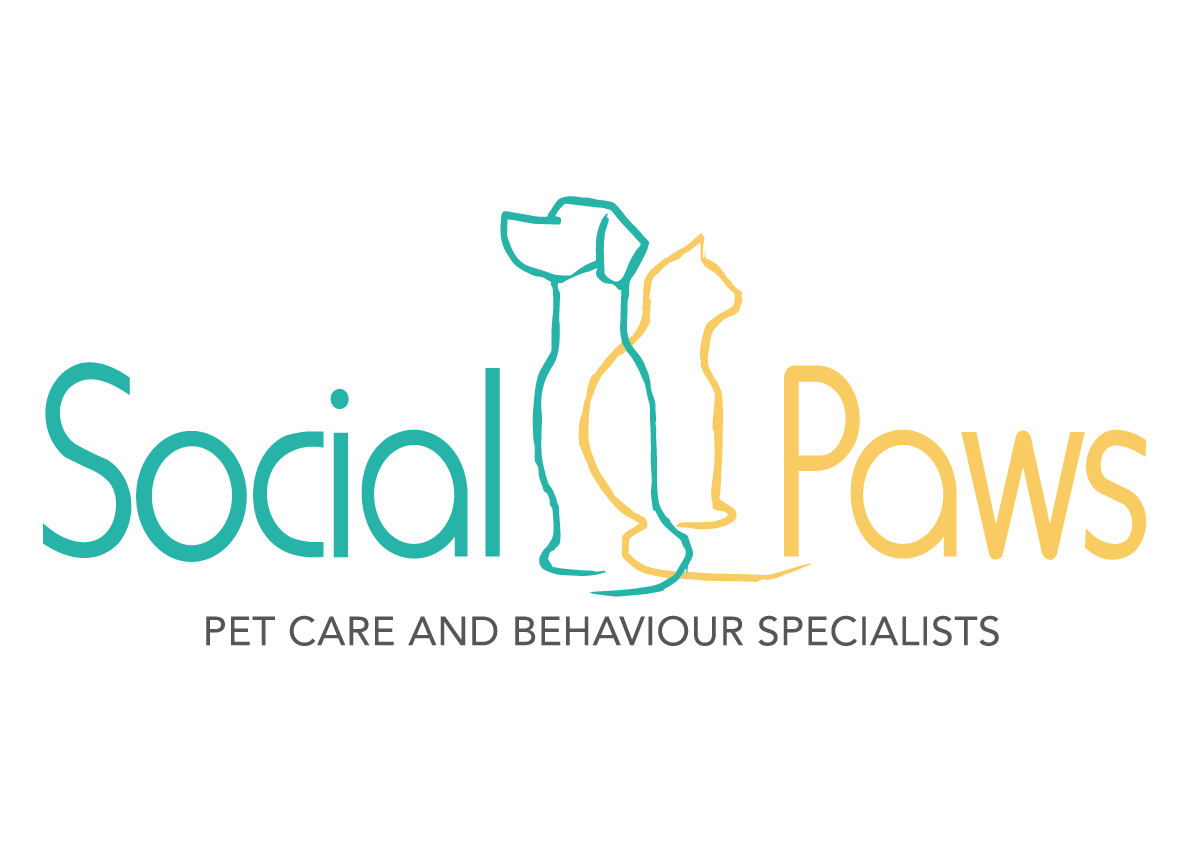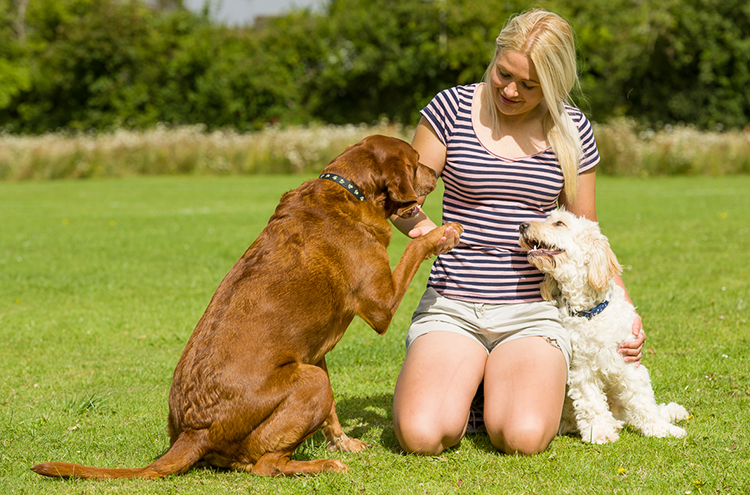Introduction
Encouraging a dog to be sociable around other dogs all depends on how familiar he or she is with other dogs already, the age of the dog, the experiences it has had and it’s temperament. I always recommend dogs first meeting on mutual territory, in an area in which you are able to control the situation or variables where possible. This blog offers a starting point, please feel free to get in touch if you are concerned about your dog’s behavior or social skills on helen@socialpawscheltenham.co.uk or simply visit my services page by clicking here.
How to socialize your dog with other dogs – tips and advice
Young pups

If you are looking to socialize a young puppy it is important that they meet lots of new dogs in the early stages of development, familiarizing them with lots of different sizes, breeds and temperaments of dogs. However at first I would suggest only introducing to the more calm and friendlier of dogs – introducing your pup to a dog that may be over boisterous or not so friendly with other dogs may result in a negative experience. This negative experience at a later date may transfer to a fear of other dogs. I would suggest finding a local puppy class – one which has around 8-10 other puppies, allowing them to socialize but with guided play. I’d also recommend introducing your puppy to a variety of social settings where the likelihood of meeting a few other dogs is high – again we don’t want to overwhelm the puppy so short introductions and ensure you can control the situation introducing to the more friendly and calmer dogs. When your puppy grows in confidence, gradually increase the amount of dogs the pup meets and then eventually slowly proof the puppy with dogs that may not be so playful – the puppy needs to learn that not all dogs want to play. However always avoid aggressive dogs.
Dogs with a lack of socialization or who’ve had a recent trauma
If your dog has had very previous socialization or has undergone a recent trauma you must pick your introductions wisely. I recommend introducing to other dogs that are calm and friendly but not over boisterous – short and controlled introductions. You could meet a friend who has a calm dog or go to a local park where similar dogs visit everyday, this will help your dog build up the trust with familiar dogs then allow you to move on to unfamiliar dogs. Remember take it slowly and never put your dog in a situation which he/she feels uncomfortable or feels forced into being around other dogs. Your dog should always be given the option to walk away, with lots of space.
A good exercise I recommend is introducing two dogs at a distance on the lead, walking side by side, gradually getting closer. I would then allow the more nervous dog to make the first move, sniffing the other dog’s bum which can help the dog feel more in control of the situation. If you let the other dog who’s more confident approach your nervous dog first this may overwhelm and frighten him or her.
If your dog is already familiar with socializing with other dogs
I would suggest finding a more busier park where you can meet other dogs on a daily basis. Your dog will enjoy seeing his ‘friends’ but at the same time will always meet new dogs too. There are a number of dog walking groups you can go to – meet up has a dog friendly walking group and you can even set one up yourself. You can also take your dog to dog shows and fetes where you can practice polite on lead introductions.
Conclusion

As all dogs are individuals it’s important to factor this into account when socializing with other dogs. It may be that your dog has had a recent trauma, is still young or plays too rough. Whatever your dog’s experiences or situation, you as the owner can learn to read your dog’s body language, knowing if it is happy or anxious around other dogs. These early warning signs can not only ensure you can monitor the situation, preventing any unwanted attacks but make dog introductions a pleasurable experience. Poor socialization or trauma especially in early puppyhood can have a major impact on the dog’s future behavior and development, often leading to inappropriate play or nervousness. Always seek advice from a behaviorist or behavioral trainer such as myself if you are in any ways concerned about your dog’s or puppy’s behavior.
Further advice
I’m here every step of the way to support you with your puppy’s development and socialisation. If you have an older dog who’s becoming increasingly more difficult to socialize around other dogs, this is where I can help too. From training walks to one-to-one behavioural training coaching sessions, please feel free to get in touch for some helpful ongoing support.


Recent Comments